It hasn't escaped your notice: natural beauty products are in fashion - and that's a good thing! But in the jungle of cosmetics that claim to be "natural", "clean" and "green", we sometimes observe a lot of artistic vagueness about these claims... when it is not downright false advertising. The result is a level of disappointment equivalent to that of your last Tinder date, when you faked an urgent call in the middle of the conversation...
At Bastille, we have delved into the subject and to be honest, it annoys us a little when some people play with the (very legitimate) questions of the consumers that we are. So, we decided to share our knowledge with you, so that you are able to detect truth from falsehood like pros!
At the origin: natural perfume, then the synthetic revolution
Historically, perfumes were completely natural : first burned in the form of incense, then integrated into an oily, aqueous and finally alcoholic base, these fragrances were created from plant or animal raw materials. It was only from the 19th century that synthetic perfumery appeared and mixed with natural ingredients in the composition of perfumes. This revolution made it possible to produce perfumes at a lower cost , and above all to have a much larger palette of scents available all year round - without worrying about seasonal or harvest variations. Practical !
The true definition of natural in perfumery

In recent years, naturalness has come back in force , sometimes with very vague definitions. And yet standards have been created to define exactly what a natural cosmetic product is: this is the case of the ISO 9235 standard. We grant you, the name does not sound sexy or natural - but rest assured , its content is. This standard simply says that:
- A beauty product can only be called natural if at least 95% of its ingredients are natural.
- A natural ingredient is, to simplify, a material extracted directly from the plant using various processes that do not modify its composition.
Bastille perfumes comply with this standard: they are therefore composed of 95% natural ingredients (and not 100% because we wanted to offer you perfumes that are sophisticated, original and last - which is very difficult without using a little summary). Thus, a few carefully selected synthetic ingredients - some of which are synthesized from plants! - have been integrated into our fragrances, to guarantee you an exceptional olfactory experience while taking care of your skin. Besides, you can discover them right here:
At the same time, numerous organic labels have been created and require a certain percentage of ingredients from organic farming. This famous percentage varies: we will explain everything to you very soon in an article on the issue of organic perfumes. To summarize, know that an organic perfume is necessarily natural, but that the opposite is not true: a perfume can be 95% natural, without incorporating a single organic ingredient .
“Natural” and “of natural origin”: white hat and... oh no, sorry
We grant you: it’s subtle, but important. An ingredient is said to be natural when it comes from nature and has never been chemically modified. Conversely, an ingredient of natural origin may have undergone a chemical transformation. This is the case of ambroxan, a very beautiful musk used in perfumery: it is synthesized from sclareol, a natural element contained in sage. As it has undergone a transformation, it cannot be called "natural", even if it originally comes from a plant! If you want to know more on the subject, we advise you to read our article on the difference between natural and synthetic ingredients. We reassure you, Bastille is rather strict on the issue: with us, any processed ingredient is considered synthetic . We only call natural what is 100% natural!
The TOP 3 “greenwashing” mentions that should scare you away
1) “Contains natural ingredients”
Tinder equivalent: someone who says their cleavage "contains naturalness", that would alert you to the rest of the content... right?
Clearly, this is a statement that serves absolutely no purpose , other than making you believe that you are using a natural product when in reality it may only contain 0.001% natural ingredients . Do you see where we're going with this? Most cosmetic products have a few natural ingredients in their composition: shea butter, vegetable oils, antioxidant fruits, in short...: all of this is very good, but absolutely does not guarantee the naturalness of the product overall . We advise you not to rely on this statement.
2) “85% natural perfume”
Tinder equivalent: the guy who says he loves cooking, but doesn't mention that he orders Deliveroo 6 days a week.
Take your day cream or perfume and look at the ingredient list on the back of that product. What do you see ? On your cream, surely AQUA/WATER and on your ALCOHOL perfume. Yes: most cosmetics first contain water and alcohol (made from wheat, beets, or other plants). From there, it is easy to assure customers that the product is made up of 85% natural ingredients... Even if the perfume concentrate is indeed 100% synthetic! In short, an inexpensive trick that does not stand up to a good reading of the label. The good figure, we remind you, is 95% minimum - this means that for a perfume concentrated at 15%, you are guaranteed to have at least two thirds of the odorous notes which are natural (85% alcohol and water + 10% natural notes + 5% synthetic notes). Easy, right?

3) “Lily of the valley absolute” and other synthetics disguised as natural
Tinder equivalent: the guy who poses with a Balzac book in profile pic, and who approaches you with “slt sava?”
This is yet another story that is downright lying. 90% of flowers that exist in nature are silent. This means that their scent cannot be extracted, or that it is not profitable enough to make an essential oil or absolute. This is the case of lily of the valley, violet, lilac, peony, hyacinth... Their smell is therefore recreated thanks to synthesis . If you see a brand promoting the scent of one of these flowers as a natural ingredient (in the form of essential oil, absolute, or simply leaving doubt), you now know that this it's not the case. At Bastille, we found a gem in a world best seller of perfumes, praised for its "absolute lily of the valley accord" - which has nothing absolute except the confusion it generates...
Good reflexes to adopt
Now that you know the mentions to avoid, we give you some tips to adopt every time you want to buy a new product. Because yes, we must not be satisfied with the word “natural” in a sentence on the home page.
- Identify the standards and labels that the brand follows when creating its products. If the information is not clearly explained, do not hesitate to ask the brand or the sellers!
- Look for the % natural and remember: below 95% natural ingredients, the product is not natural.
- Last tip, and not least: learn to read the labels of your products. To know the basics, don’t hesitate to take a look at this article . You'll learn how to tell whether your product contains mostly natural ingredients or not, and whether it contains controversial ingredients. With a little practice, you will become a pro on the subject!
The true/false nature
Now it's up to you to see if you have remembered everything correctly. For the occasion, we have prepared a true/false article on natural cosmetics.
-
A natural perfume is necessarily good for my skin and my health : FALSE.
This is not necessarily the case, because certain ingredients used in perfumery - sometimes including in natural perfumes - are controversial. At Bastille, to avoid them we have chosen to ban endocrine disruptors , stabilizers, dyes, anti-UV filters, phthalates and parabens.

-
A natural perfume is necessarily vegan : FALSE.
Nowadays, most animal materials are banned in perfumery, but a few are still used, such as beeswax. It is sometimes found in natural perfumes. Bastille perfumes are vegan , but it's up to you to see if this criterion is fundamental for you!
-
Natural cosmetics are not necessarily organic : TRUE. But an organic perfume is necessarily natural.
-
Natural and naturally-derived ingredients are the same thing : FALSE.
We explain everything to you above!
So, did you get it right? If this is not the case, don't panic: you will become infallible with a little practice. You already have all the cards in hand to detect brands that are greenwashing! And if you have any other questions, do not hesitate to contact us by email or on our Instagram . We will be happy to answer them.







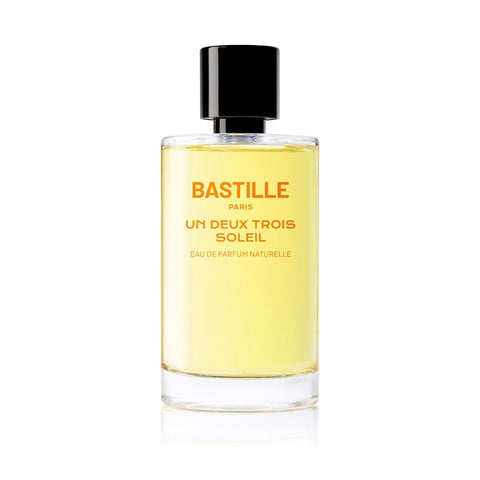
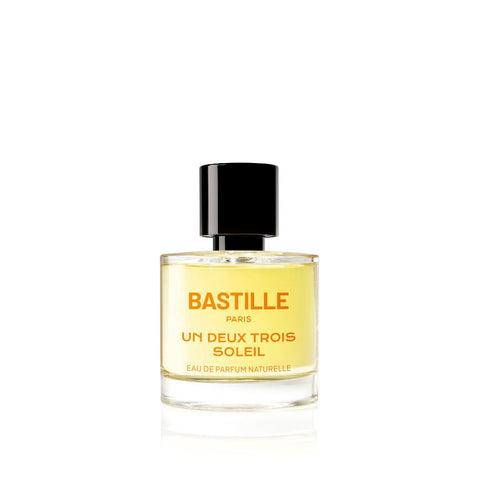
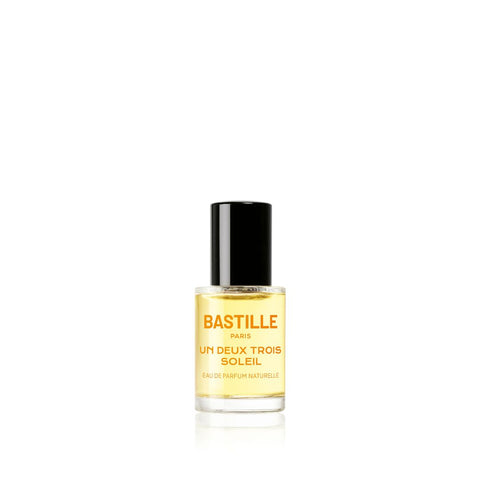
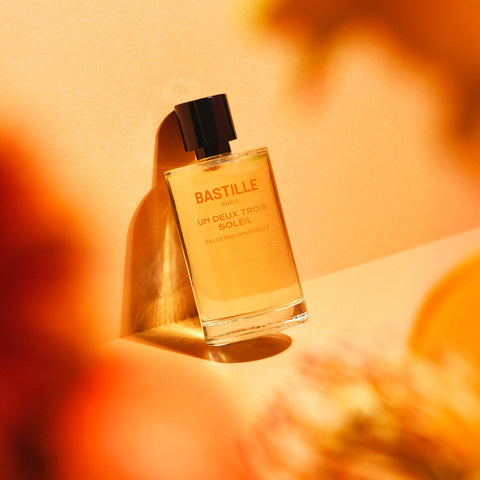
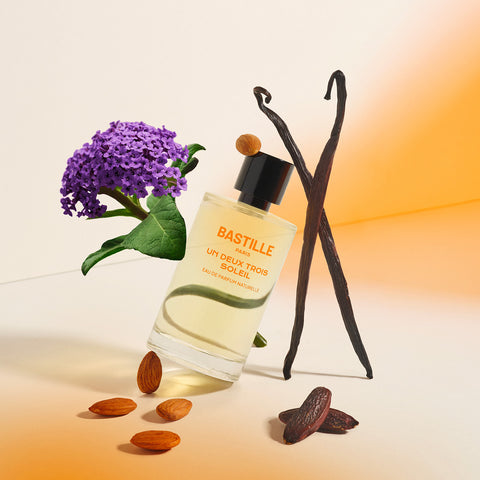
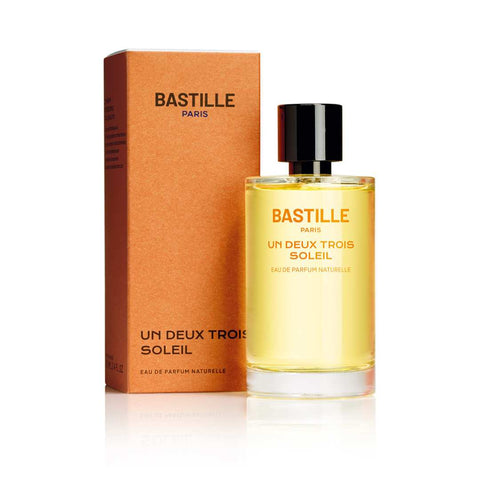
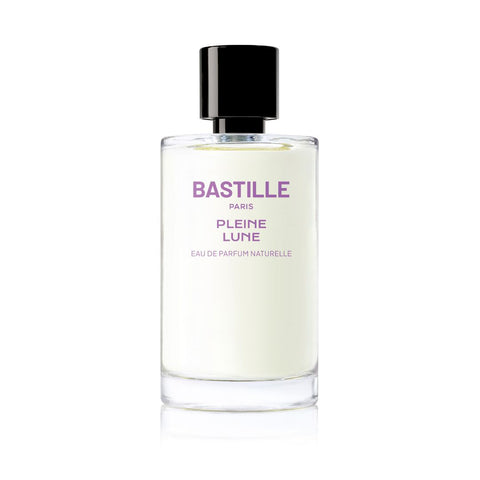
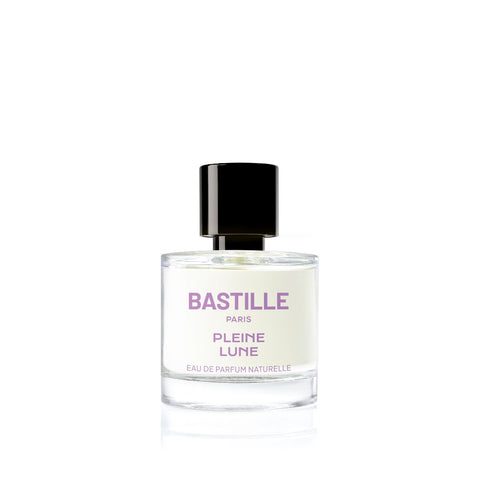
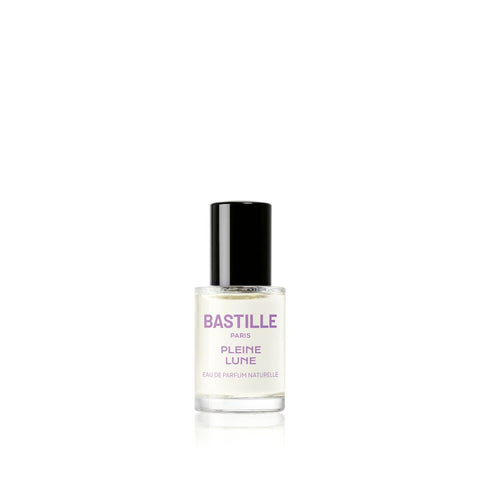
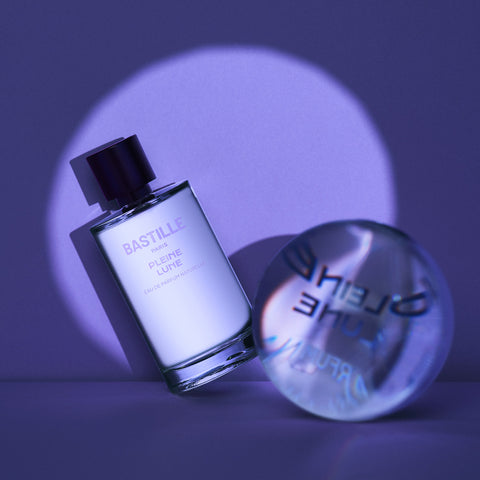
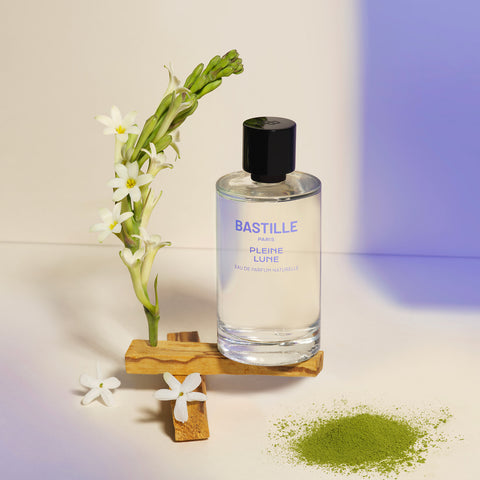
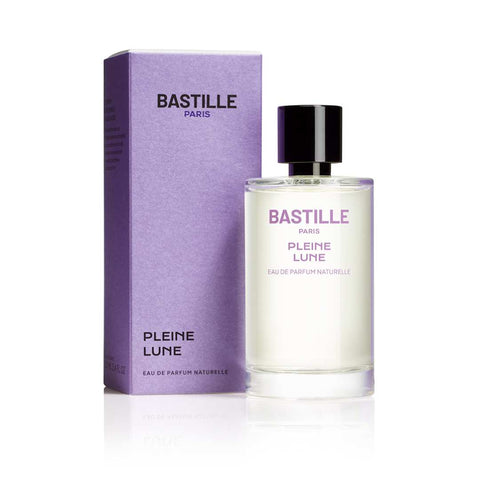
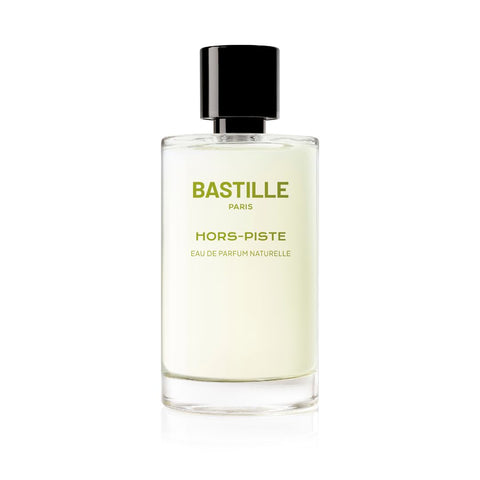
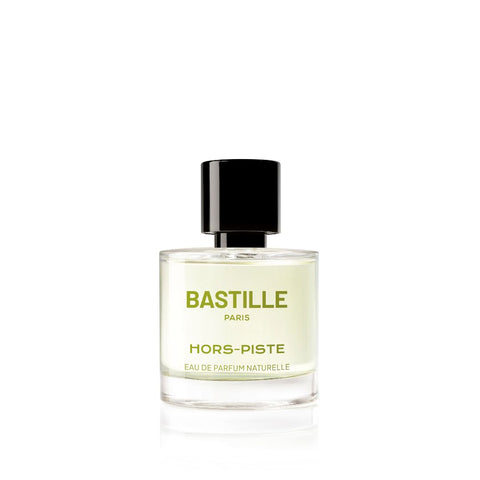
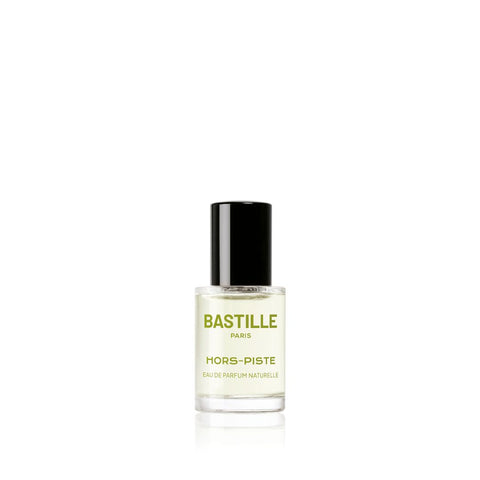
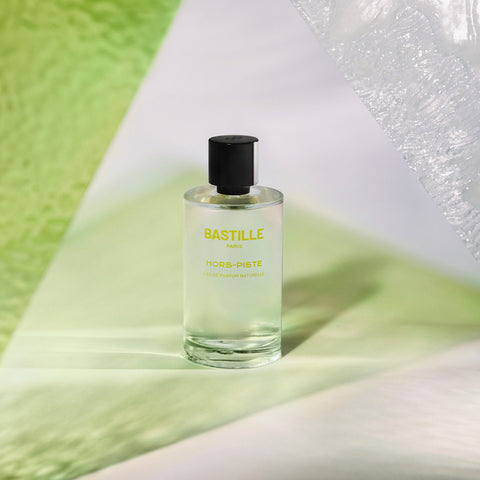
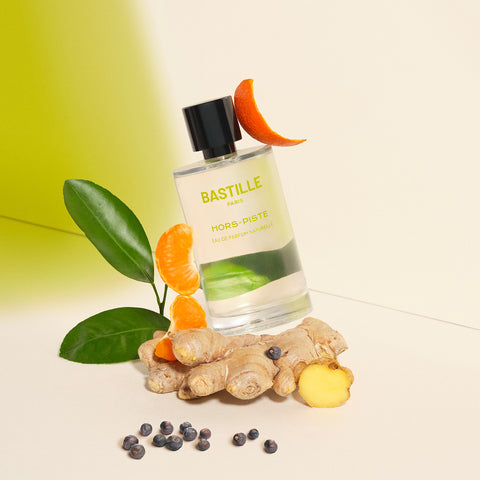
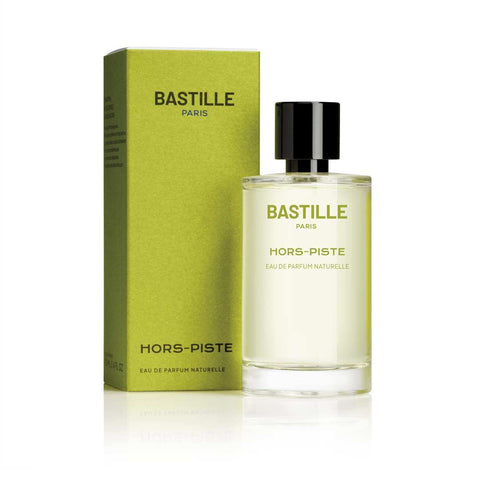

Comments (1)
Merci pour cet article très clair sur un sujet toujours très flou…